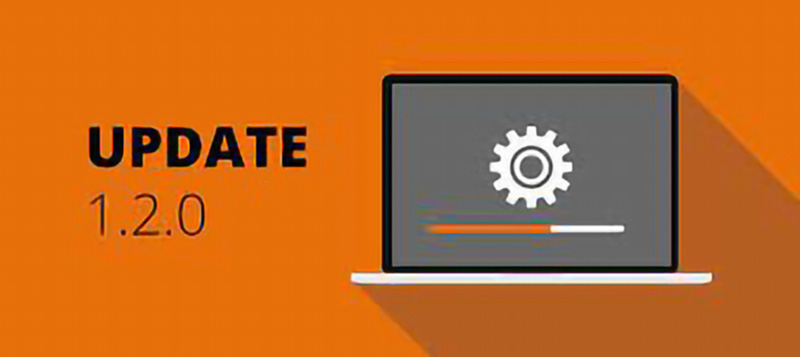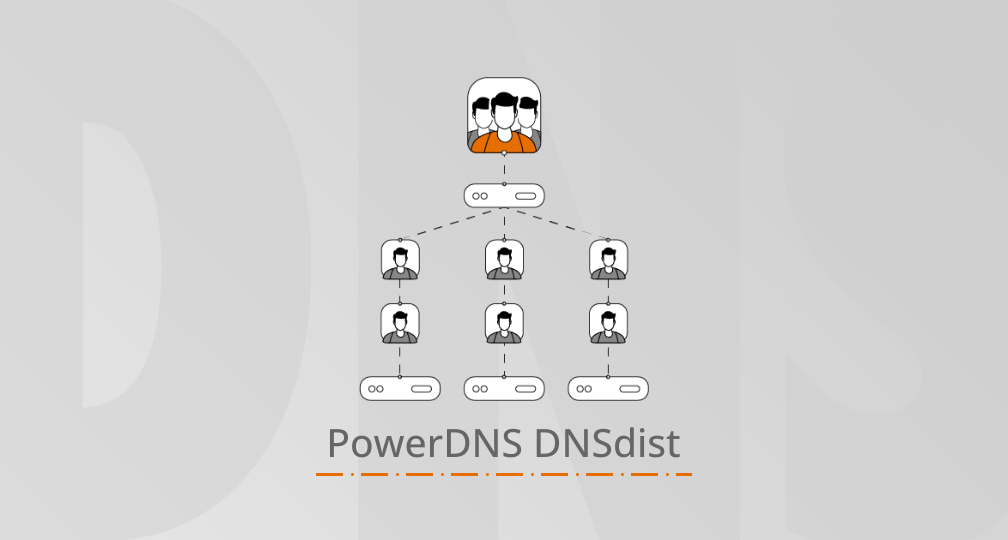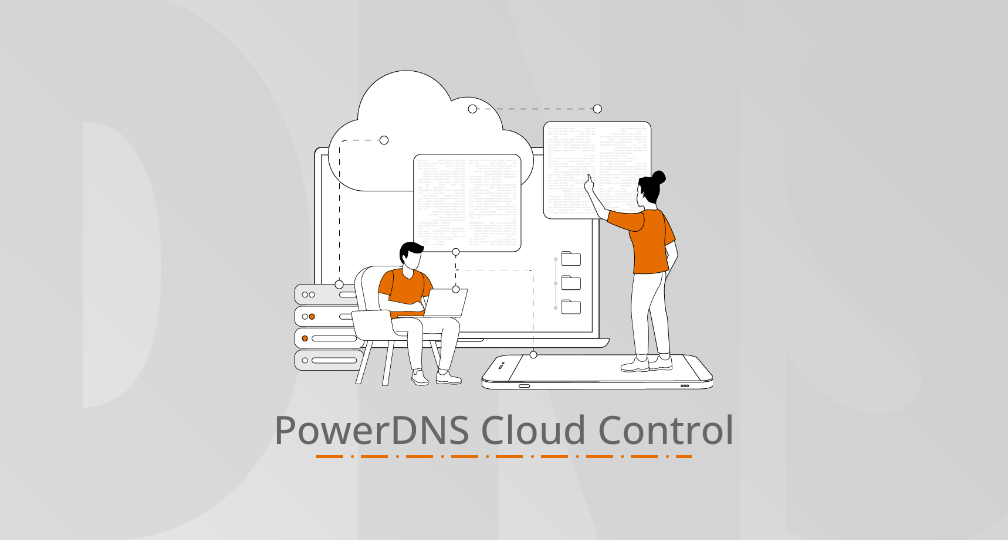
We are very pleased to announce the availability of dnsdist 1.2.0, bringing a lot of new features and fixes since 1.1.0.
This release also addresses two security issues of low severity, CVE-2016-7069 and CVE-2017-7557. The first issue can lead to a denial of service on 32-bit if a backend sends crafted answers, and the second to an alteration of dnsdist’s ACL if the API is enabled, writable and an authenticated user is tricked into visiting a crafted website. More information can be found in our security advisories 2017-01 and 2017-02.
Highlights include:
- applying rules on cache hits
- addition of runtime changeable rules that matches IP address for a certain time: TimedIPSetRule
- SNMP support, exporting statistics and sending traps
- preventing the packet cache from ageing responses when deployed in front of authoritative servers
- TTL alteration capabilities
- consistent hash results over multiple deployments
- exporting CNAME records over protobuf
- tuning the size of the ringbuffers used to keep track of recent queries and responses
- various DNSCrypt-related fixes and improvements, including automatic key rotation
Users upgrading from a previous version should be aware that:
- the truncateTC option is now off by default, to follow the principle of least astonishment
- the signature of the addLocal() and setLocal() functions has been changed, to make it easier to add new parameters without breaking existing configurations
- the packet cache does not cache answers without any TTL anymore, to prevent them from being cached forever
- blockfilter has been removed, since it was completely redundant
This release also deprecates a number of functions, which will be removed in 1.3.0. Those functions had the drawback of making dnsdist’s configuration less consistent by hiding the fact that each rule is composed of a selector and an action. They are still supported in 1.2.0 but a warning is displayed whenever they are used, and a replacement suggested.
For the many other new features, improvements and bug fixes, please see the dnsdist website for the more complete changelog, the current documentation, and the upgrade guide.
Release tarballs are available on the downloads website.
Several packages are also available on our repository.




